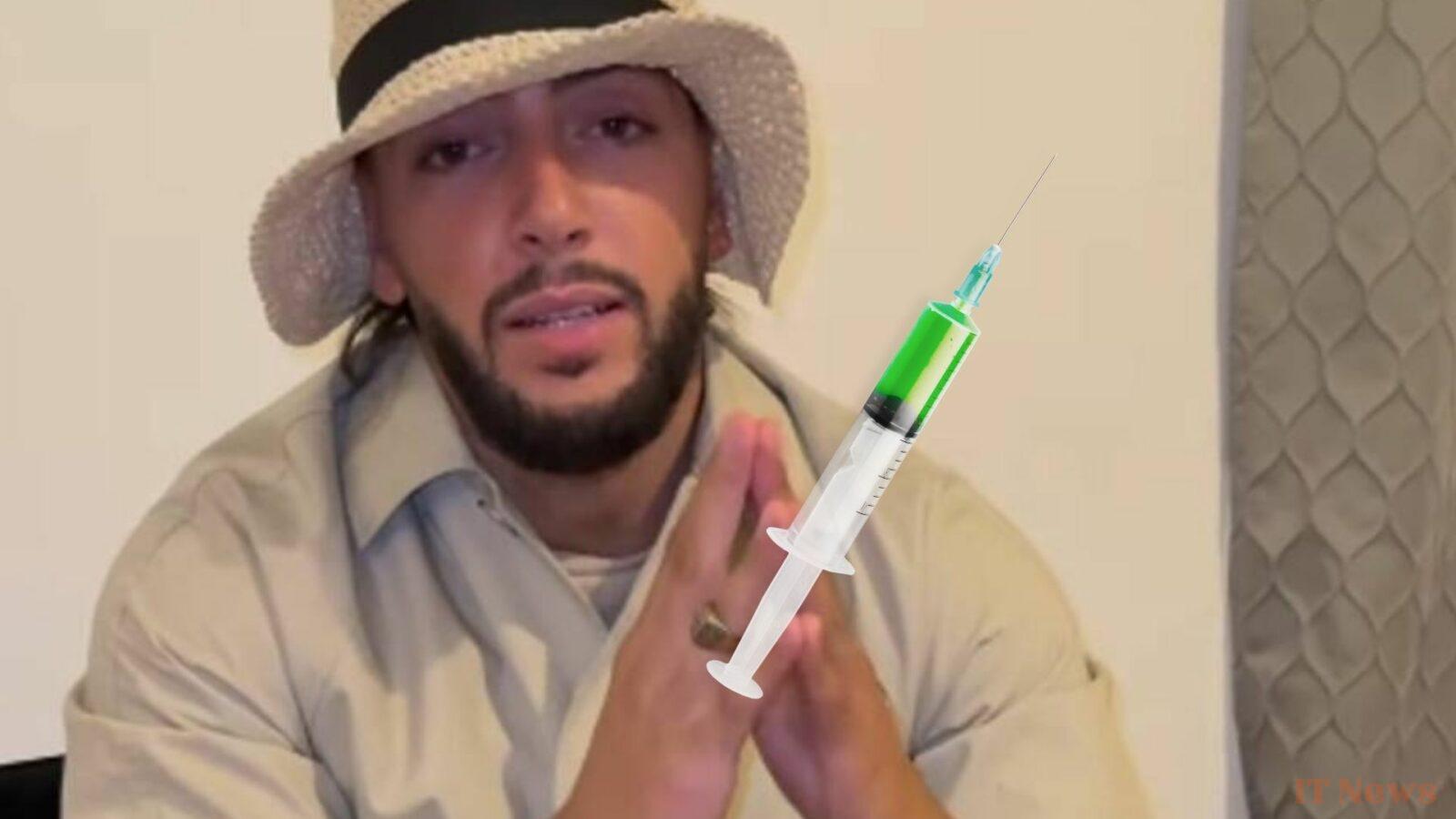It's one "prank" too many. In a context of psychosis surrounding injection attacks targeting women in public spaces, Amine Mojito's latest publications have sparked a wave of indignation and rekindled the debate on the responsibility of content creators.
But who is Amine Mojito?
After an eight-year absence, Amine Mojito, whose real name is Illan Magneron, made a remarkable return to social media at the end of 2024. Known for his provocative videos, he quickly distinguished himself with a new series of pranks of dubious humor: throwing shopping carts at passersby, pushing and shoving people in supermarkets, and recently, simulating syringe attacks in the street. In his videos, the influencer approaches random people, pretends to prick them, and then films their reactions. These staged scenes, posted a few days before the Fête de la Musique, were widely shared. The timing is all the worse, as Amine Mojito chose to publish his hoax in the middle of summer, when fears of wild injections are rekindled every summer by news stories and rumors on social media. This is a major contributor to the collective psychosis. Syringe attacks, psychosis, or news stories? In 2022, numerous accounts of people claiming to have been pricked by a syringe at parties, festivals, or public events have emerged. This phenomenon, widely reported by the media and social networks, has contributed to creating a climate of anxiety, mainly among women. However, while several cases of actual injection have been suspected, most reports are more related to social psychosis.
TikTok reacts
After AD Laurent and Alex Hitchens, TikTok decided to ban Amine Mojito's account on June 24, citing the need to moderate content that incites fear, violence, or endangers others. This ban comes after the influencer had already been convicted in 2022 for inciting hatred and violence against women, after posting videos deemed degrading and sexist. At the time, he had to complete a five-day awareness training course on gender equality, which apparently had no major long-term consequences. Faced with the controversy, the influencer attempted to justify himself, then admitted to having crossed the line and apologized.
Whether the comments were masculinist, racist, homophobic, or simply dangerous, the affair has rekindled the debate on the responsibility of influencers and the ability of platforms to effectively moderate problematic content. There is a fine line between provocation, the search for buzz, and the trivialization of risky behavior on social media. TikTok's banning of Amine Mojito is part of a broader trend of platforms taking a firm stance on content deemed dangerous, but above all, it raises the question of prevention and education on the use of social media.



0 Comments